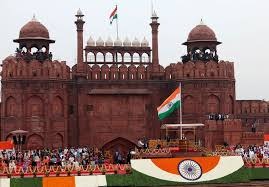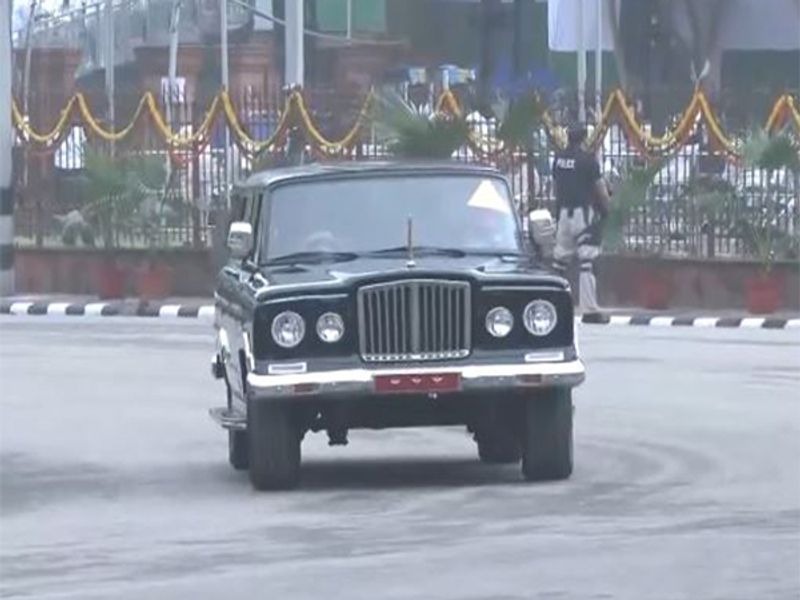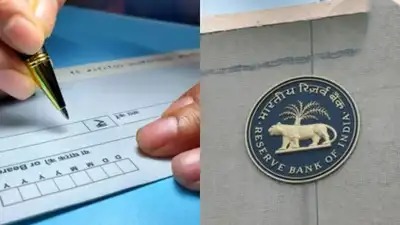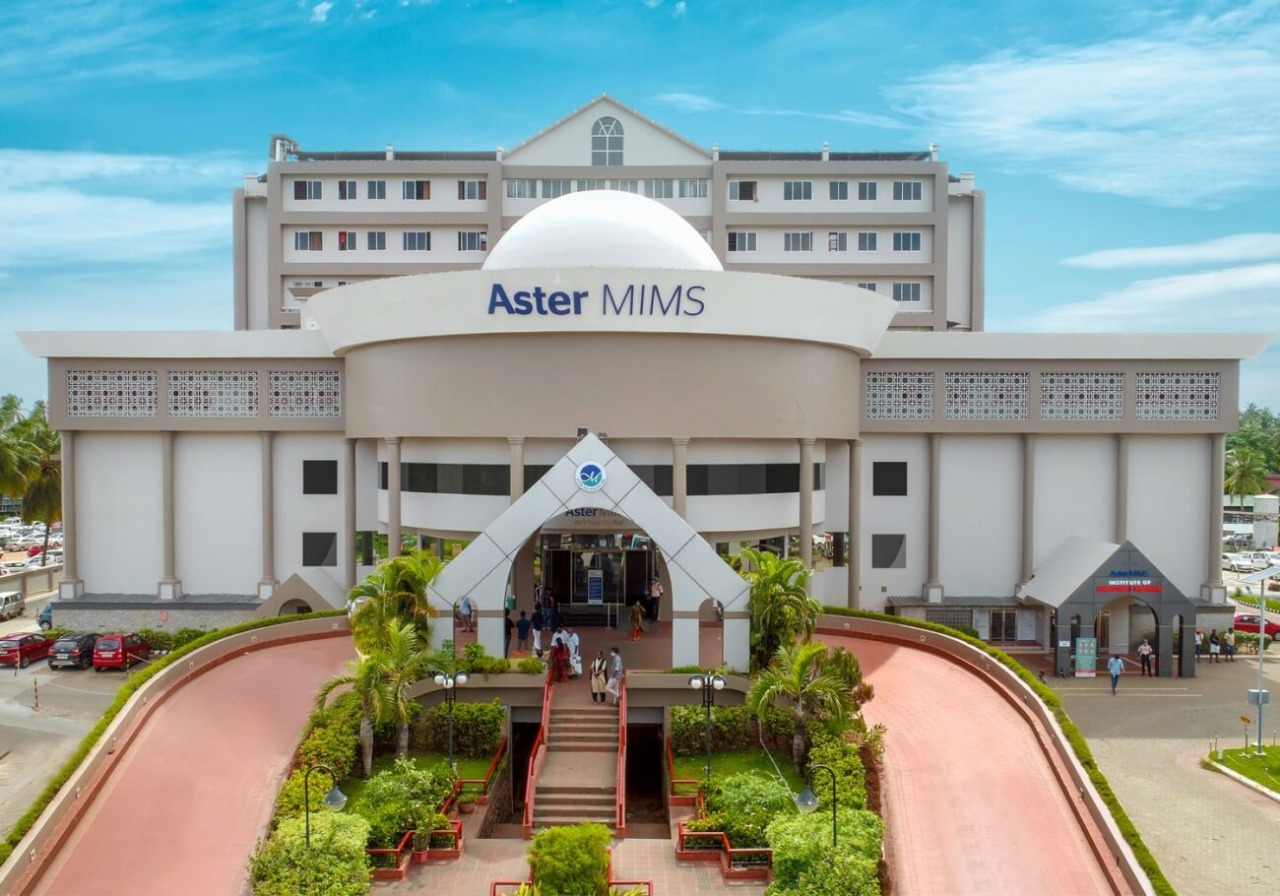 Image Source : The Federal
Image Source : The Federal
In his twelfth consecutive Independence Day address from the Red Fort, Prime Minister Narendra Modi delivered a powerful and wide-ranging speech that blended technological ambition with geopolitical assertiveness. From announcing the imminent arrival of India-made semiconductor chips to declaring an end to nuclear coercion, Modi’s message was clear: India is stepping into a new era of self-reliance, strategic clarity, and global competitiveness.
Key Highlights from Today’s Address
Modi’s speech, delivered on the 79th Independence Day, was themed around “Naya Bharat” and focused on national pride, technological progress, and military valor. The Prime Minister saluted the armed forces for Operation Sindoor, emphasized the need for Atmanirbharta (self-reliance), and unveiled a roadmap for India’s semiconductor future.
1. Semiconductor Breakthrough: Made-in-India Chips by Year-End
Modi announced that India will roll out its first domestically manufactured semiconductor chips by the end of 2025.
- The idea of semiconductor manufacturing was first proposed 50–60 years ago but remained dormant due to bureaucratic inertia
- Modi emphasized that India is now working in “mission mode” to deliver on this long-delayed promise
- The chips will be produced on Indian soil and are expected to serve both domestic and global markets
- This move is seen as a strategic leap toward reducing dependence on foreign technology and strengthening India’s position in the global supply chain
2. No More Nuclear Blackmail: A New Strategic Posture
In a striking declaration, Modi stated that India will no longer tolerate nuclear threats or coercion.
- He linked this stance to the Indus Waters Treaty, calling it unjust and detrimental to Indian farmers
- Modi declared that “blood and water will not flow together,” signaling a potential shift in India’s water-sharing policies with Pakistan
- The Prime Minister emphasized that India will stand firm against any form of nuclear blackmail, marking a significant shift in strategic doctrine
3. Operation Sindoor: Military Precision and National Pride
Modi praised the Indian armed forces for executing Operation Sindoor, a retaliatory mission following the April 22 Pahalgam terror attack.
- The forces were given full autonomy to plan and execute the operation
- Modi revealed that the mission penetrated enemy territory and dismantled terrorist infrastructure
- He described the operation as a symbol of India’s resolve and military capability, stating that the destruction was so extensive that new revelations are emerging daily
4. Atmanirbharta Beyond Economics: A Broader Vision
Modi reiterated that self-reliance is not just about trade balances but about national resilience.
- He urged Indians to avoid habitual dependence on foreign systems and technologies
- The Prime Minister highlighted initiatives in solar, hydrogen, and nuclear energy as part of India’s clean energy push
- India has already achieved its 2030 target of 50% clean energy capacity five years ahead of schedule
5. Youth, Innovation, and the Future
Modi called upon India’s youth to lead the charge in research and development across space, medicine, and technology.
- He reminded the nation of India’s success in developing its own COVID vaccine during the global pandemic
- The Prime Minister emphasized that the 21st century belongs to nations that embrace technology, and India must be at the forefront
Final Thoughts
PM Modi’s Independence Day speech was more than ceremonial—it was a strategic blueprint for India’s future. From semiconductors to sovereignty, the message was clear: India will no longer wait, tolerate, or depend. It will build, assert, and lead. As the tricolor flew high above the Red Fort, so did the aspirations of a nation ready to shape its destiny.
Source: MSN News
Advertisement
Advertisement





